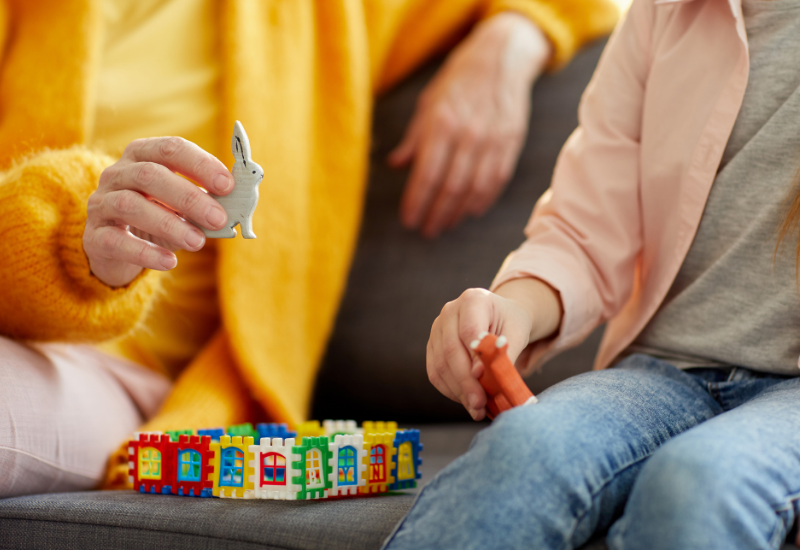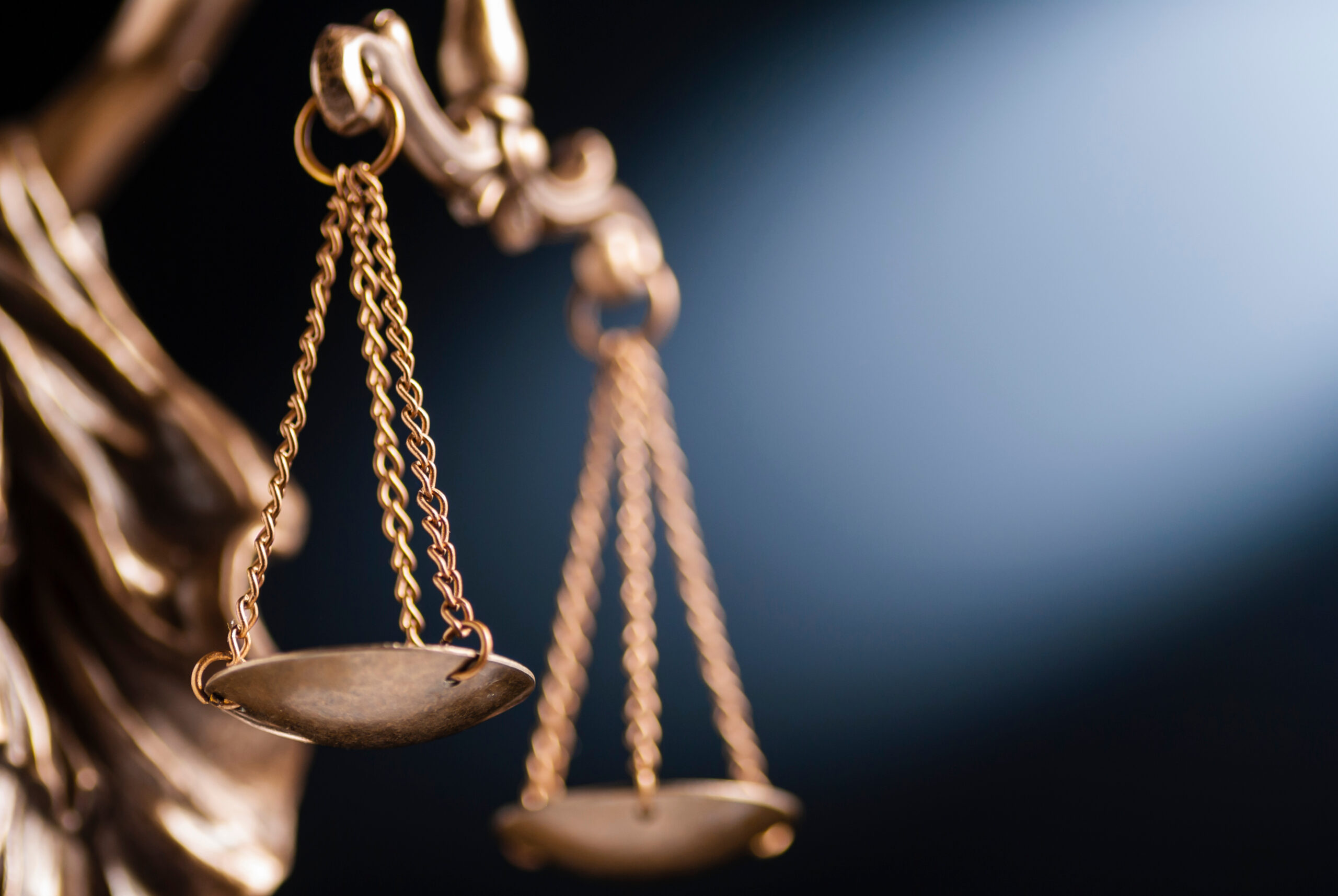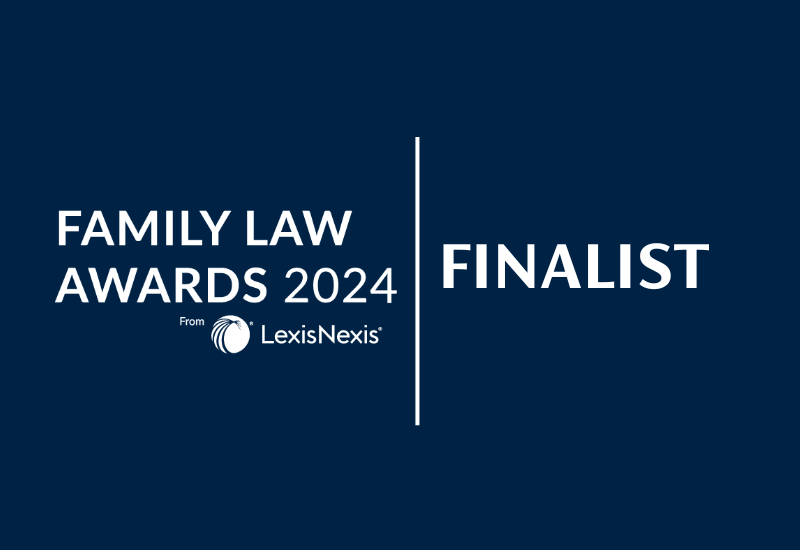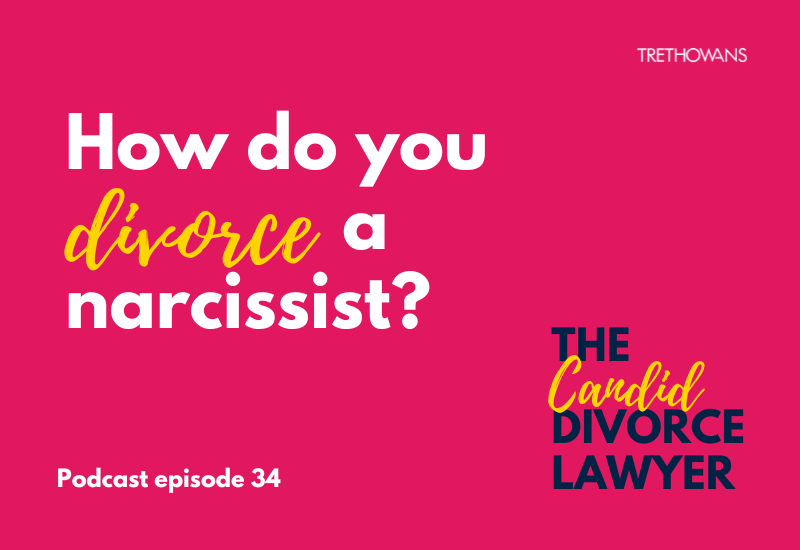- 07 Sep 2023
- •
- 4 min read
Parental alienation accusations in domestic abuse situations

The BBC have recently reported the research conducted by the University of Manchester into claims that children have been forced into contact with fathers accused of abuse. In the cases considered by the BBC, the fathers had raised allegations against the mothers of ‘parental alienation’.
What is parental alienation?
There is no legal definition of parental alienation. It is a concept that was devised by an American psychologist, Richard Gardner in the 1980s who diagnosed it as a syndrome. This was an extremely controversial piece of research and Mr Gardner was subsequently discredited with the syndrome being largely rejected. Parental alienation is certainly not accepted or registered as a ‘syndrome’ by medical professionals or the Courts in the UK.
The Children and Family Court Advisory and Support Service (CAFCASS) describe alienating behaviours as “an ongoing pattern of negative attitudes, beliefs and behaviours of one parent (or carer) that have the potential or expressed intent to undermine or obstruct the child’s relationship with the other parent”.
Perpetrators of domestic abuse often allege parental alienation to support their case that the mother has turned the children against them and in opposition to the mother’s allegations of domestic abuse. This is often in an attempt to discredit the mother and in those cases, is a continuance of the abusive behaviour.
How do Courts deal with allegations of parental alienation?
When faced with an allegation of parental alienation, the Court must consider whether there is a reason for the child to have estranged themselves from the non-resident parent. It is normal for children in cases of high parental conflict to not want contact with the non-resident parent. They are often overwhelmed with anxiety about spending time away from their primary care giver and if there has been domestic abuse within the parental relationship, they may well be a victim of that abuse themselves.
Generally when an application relating to a child’s arrangements is filed with the Court, CAFCASS are directed to undertake safeguarding checks before the first hearing. As part of those safeguarding checks, CAFCASS will consider whether the parents are known to the police or whether the family is known to the local authority and if so, whether any safeguarding issues have been raised. CAFCASS will also undertake telephone interviews with each of the parents to discuss any concerns they may have for the child’s welfare. At this stage, CAFCASS will not meet with or speak to the child themselves. CAFCASS will then file a letter with the Court setting out the outcome of the safeguarding checks and provide recommendations to the Court as to what further steps it should consider taking in order to progress the application.
Family Courts in Bournemouth, Caernarfon, Mold, Prestatyn, Weymouth and Wrexham are currently involved in a pilot scheme focused on improving the experience of the Family Court and outcomes for survivors of domestic abuse, including children. A more investigative approach is adopted under this scheme which involves the Court considering information before a case is listed for a hearing. The Court will direct CAFCASS to prepare a more thorough Child Impact Report which includes CAFCASS speaking directly to the children and obtaining information from the police, the local authority and any domestic abuse support services. The Report considers the child’s circumstances and their experience of the parental separation, giving the child a voice within the proceedings at an early stage.
In cases where domestic abuse has been alleged, the Court must also consider whether, if those allegations were found to be true, they would have an impact upon its decision so far as the children’s welfare was concerned. If this is the case, a separate hearing should be listed to determine those allegations and consider whether contact between the child and the alleged perpetrator of domestic abuse prior to that hearing would be safe. At the hearing, the Court will consider the written evidence and hear oral evidence from both parents and any witnesses called by the parents and then determine whether there has been domestic abuse as alleged. If the allegations are found to be true, the Court will then consider whether the alleged perpetrator needs to undertake work to address his behaviours before contact with the children can be restored. If the allegations are not found to be true and the Court is satisfied that the children’s negative attitude or belief about the other parent is ill-founded, the Court may then make a finding against the mother that her behaviour has had the effect of turning the children against the father and will then go on to consider how best the relationship and contact can be restored.
What if there are no allegations of domestic abuse?
There will be cases where there are no allegations of domestic abuse but the relationship between the children and the non-resident parent is being frustrated or curtailed.
The law provides a presumption that the involvement of both parents in the children’s life will further the children’s welfare where it is safe to do so. Unless there is evidence that the involvement of the non-resident parent in the life of the child will be harmful to the child, the relationship with the non-resident parent should be promoted. Attempts should be made to establish the issues and resolve the dispute between the parents through negotiation using alternative dispute resolution before an application to Court is considered.
However, if there is evidence that one parent is using alienating behaviour to frustrate the child’s relationship with the other parent, it is important to obtain expert legal advice at an early stage. Such behaviour can be emotionally damaging to a child and it will be necessary to act quickly.
How can Trethowans help?
If you are concerned about a child you should seek independent legal advice to ensure you have the best advice on your options to protect your interests before proceeding. At Trethowans we have an experienced family law team to advise you on how best to proceed.
If you would like to speak to our team, please call us on 0800 2800 421 or contact us here.














